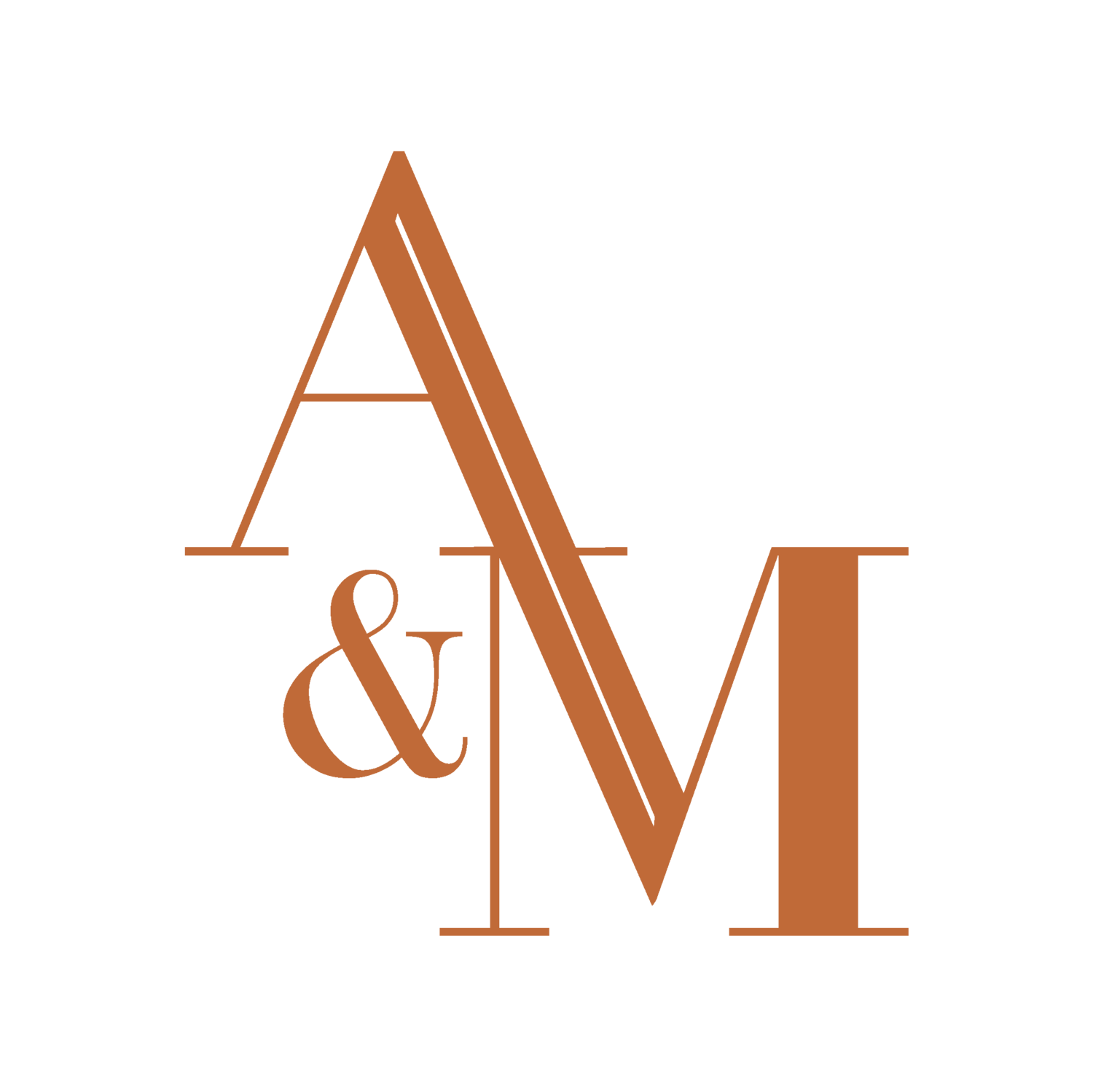LANDING Panel 3 | How do art dealers conduct business “as usual”?
Sukontip Fon Prahanpap, Lim Wei-Ling, Santy Saptari
By A&M
Key Points
There is a healthy appetite for art knowledge that drives the production of online content.
Space is given to artists to share their explorations of contemporary issues with the general public.
Cultivating unexpected new relationships is helping the businesses to thrive.
For the third panel discussion of LANDING, we spoke with with Sukontip Fon Prahanpap, Founder, La Lanta Fine Art and Warin Lab Contemporary, Lim Wei-Ling, Director, Wei-Ling Galleries and Santy Saptari, Principal Consultant, Santy Saptari Art Consulting. As second waves of COVID-19 infections sweep across Southeast Asia, renewed restrictions challenge art dealers to conduct their business “as usual”, even as they are more prepared for what to do than they were a year ago. In this discussion, Fon, Wei-Ling and Santy offer their views on operating with and without physical spaces, thinking out of the box with online programming and planning for an uncertain future.
Here are the takeaways from the panel:
There is a healthy appetite for art knowledge that drives the production of online content. Fon spoke about her participation in the first all-online Art Fair Philippines, and observed that the digital sphere has allowed her to continue keeping in touch with her existing clients while attracting new ones, especially millennials. While Wei-Ling did not venture into creating virtual exhibitions, she has reached out to her audience through other online means, such as with the Wei-Ling Gallery Podcast. She noted that there are low barriers to entry into the artworld online, where one can take the time to engage with the information. Santy similarly noted that the art world can be intimidating, and sharing knowledge online is a good way to attract new collectors. Among her online programmes including virtual exhibitions, tours and talks, she reported that her social media posts about the basics of collecting have attracted the highest engagement.
Space is given to artists to share their explorations of contemporary issues with the wider public. Fon expressed her belief that art can be a catalyst for change. In addition to La Lanta Fine Art, she opened Warin Lab Contemporary to mount exhibitions for people to learn about social issues they might otherwise be ignorant of, such as with the first show ‘Swamped’ in February, which explores the ideas of the circular economy the evasion of blame for plastic pollution, and a disconnect from collective humanity. Similarly, Wei-Ling spoke about Wei-Ling Contemporary complementing the flagship Wei-Ling Gallery. Given Wei-Ling Contemporary’s size and location at the top of a mall, it is a space that could house experimental, monumental work, including projects that could create awareness on social issues. Santy noted that art collecting is in general about knowledge building, and as part of this endeavour, she also works on exhibitions that explore contemporary issues, such as ‘Tomorrow is Tomorrow’ which featured young artists’ work that documented their navigation of the pandemic in August 2020.
Cultivating unexpected new relationships helped the businesses to thrive. Fon noted that La Lanta Fine Art used to participate in up to nine art fairs a year, with 80% of the sales conducted with international clients. The pandemic ground this to a halt, and gave her the impetus and room to cultivate relationships within the Thai art market instead, and now 80% of sales are conducted locally. Working without a permanent physical space with her art consultancy, Santy cited the support she has received from the art communities in Indonesia and Australia, as evidenced in programmes such as Dekat Dekat Jauh, a series of conversations about Indonesia-Australia relations in visual arts. And Wei-Ling spoke about the Visual Poetry Project which invited artists and poets to respond to artist Hamidi Hadi’s artworks, and created refreshing synergy across disciplines.
Watch the full recording of LANDING Panel 3 here:
You can also listen to the conversation as a podcast recording:
LANDING was broadcast live on 23 June 2021. To revisit all four panel discussions of LANDING, visit artandmarket.net/talks/landing.





